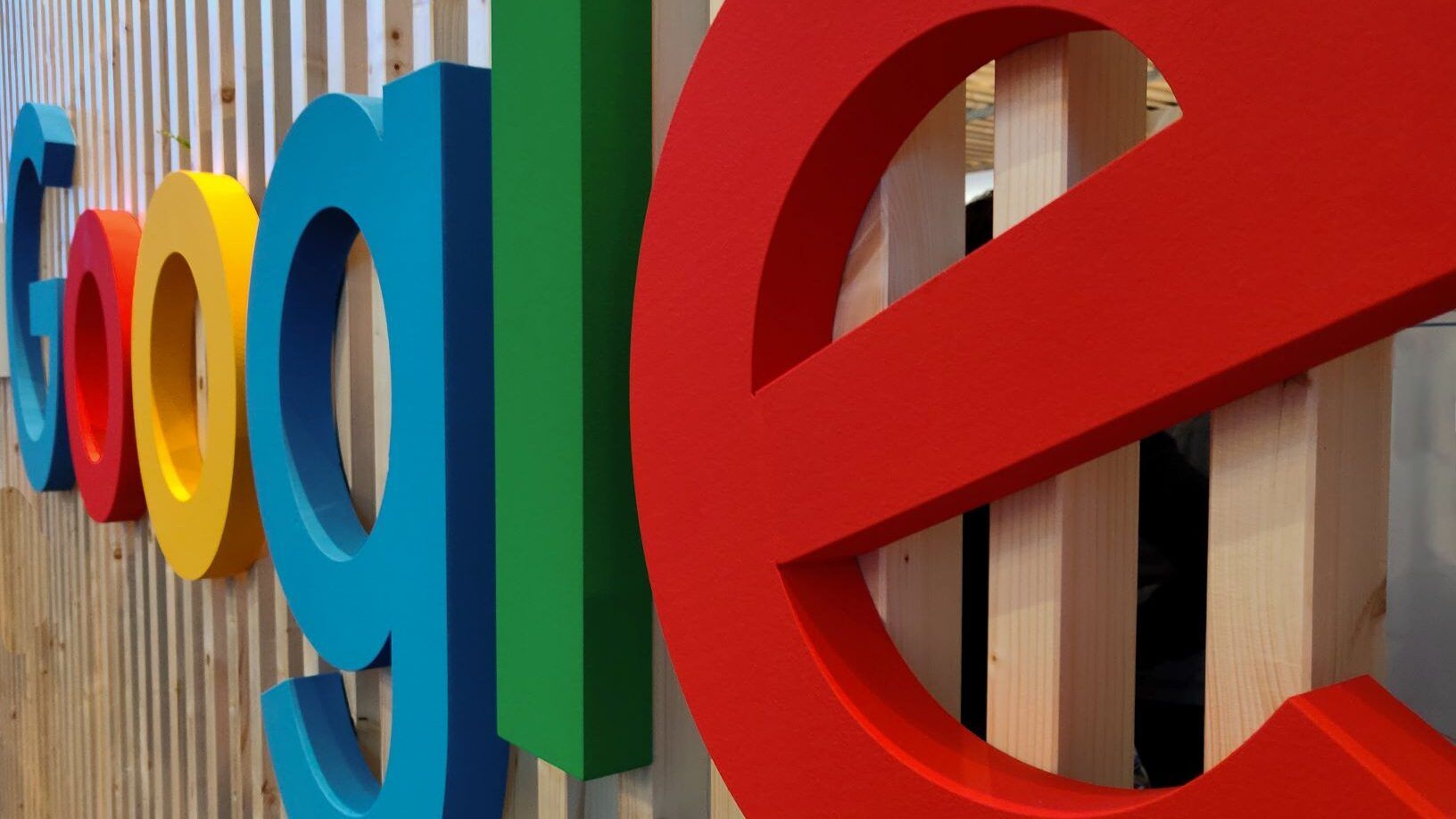
Technology behemoth Google may be wildly popular (and profitable), but no amount of ubiquity has allowed the company to escape a recent trend: bipartisan scrutiny by lawmakers in Washington, and rapidly-growing calls for regulatory/antitrust action.
At the dawn of 2021, the Silicon Valley giant finds itself the subject of not one, not two, but three antitrust lawsuits as part of a broader reckoning on technology companies’ power to shape the modern world. In this post, we take a look at Google’s lawsuits and what they mean for the company and the tech industry at large.
Google vs. United States Department of Justice
In a long-brewing case, the US Department of Justice sued “monopolist” Google in October 2020 for “anticompetitive and exclusionary practices in the search and search advertising markets.” William Barr, the attorney general at the time of filing, alleged that the “gatekeeper of the Internet” held a “grip over the internet for millions of American consumers, advertisers, small businesses and entrepreneurs,” using “anticompetitive tactics to maintain and extend its monopolies in search and search advertising.” These included striking deals with Apple (which amounts to up to $12 billion each year), Samsung, and other device makers to make Google the default search engine on their devices.
Google soon issued a formal rebuttal, asserting that consumers “use Google Search because they choose to, not because they are forced to or because they cannot easily find alternative ways to search for information on the internet.” It is far from the first time the company has had to defend itself: the company affirmed in September 2019 that the ad tech industry “is famously crowded,” noting “flourishing” competition and “enormous choice” for publishers and marketers, as evidenced by a report on 155 digital publishers from advertising and marketing industry research firm Advertiser Perceptions.
Google vs. Texas, Arkansas, et al.
On December 16, 2020, Google found itself the target of a new lawsuit, this time brought by attorneys general from Texas and nine other states. Prosecutors allege that “Google overcharged publishers for the ads it showed across the web and edged out rivals who tried to challenge the company’s dominance. They also said that Google had reached an agreement with Facebook to limit the social network’s own efforts to compete with Google for ad dollars.”
The accusations are nothing new for Google. Central to the case is the argument that Google’s complete ownership “of every step in a complicated system that connects ad sellers and buyers” creates “an unfair edge over the market,” much of it bought through acquisitions of former competitors – a version of arguments that have been circulating for some time.
A new wrinkle, however, is the notion that a partnership between Google and Facebook – itself a target of immense scrutiny, and another major player in digital advertising – contributed to Google’s market dominance. The lawsuit alleges Google “understood the severity of the threat to its position if Facebook were to enter the market and support [an ad buying technique called] header bidding.” To mitigate the threat to their business, “Google made overtures to Facebook,” offering several advantages in its ad auction system.
Google quickly disagreed with the allegations, calling them “baseless.” A spokesperson also identified several inaccuracies with the lawsuit, clarifying that Facebook does not receive special data but is instead “part of a group of more than 25 other companies that participates in a Google program called Open Bidding, in which Google works with other ad networks and exchanges,” reports CNET.
Google vs. More States
One day after the Texas lawsuit, Google found itself on the end of yet another antitrust complaint. On December 17, 2020, “a bipartisan coalition of 38 states and territories alleged that the tech giant holds a monopoly in general search, the heart of its consumer tech business.” The lawsuit claims that Google “harmed competitors by favoring its own services over those of rivals and in the way it displayed search results. The complaint also claims Google used the company’s voice assistant feature to become the default search engine on emerging technologies, like smart speakers and connected cars.”
Colorado Attorney General Phil Weiser, who helped lead the charge to bring the latest lawsuit against Google, described consumers as “squeezed” when Google’s alleged dominance limits their choices. “Google’s anticompetitive actions have protected its general search monopolies and excluded rivals, depriving consumers of the benefits of competitive choices, forestalling innovation and undermining new entry or expansion,” said Weiser.
Google’s Adam Cohen, the company’s Director of Economic Policy, responded with a blog post stating in part that redesigning the company’s search functions would make for a worse product. Cohen says that a revamp of its existing Search system “would harm the quality of [users’] search results,” harming businesses “like retailers, restaurants, repair shops, airlines and hotels whose listings in Google help them get discovered, and connect directly with customers.” Cohen also provided evidence that “regulators and courts around the world… all [agree] that our changes are designed to improve your search results.”
What Comes Next?
Google may be under pressure, but their day in court will have to wait. Antitrust cases are almost always protracted affairs, and the Department of Justice’s case is not set for trial until September 2023. But with authorities around the world – Google has been on the receiving end of billions in fines from European regulators – watching Big Tech more closely than ever before, it stands to reason that more lawsuits are inevitable. Much like Microsoft at the beginning of the 2000s, an industry giant is under pressure – pressure that could distract Google’s “management enough to create room for [a new generation of] internet upstarts,” as Microsoft’s case created a window for Google and others to emerge – and reshape the world as we know it.







